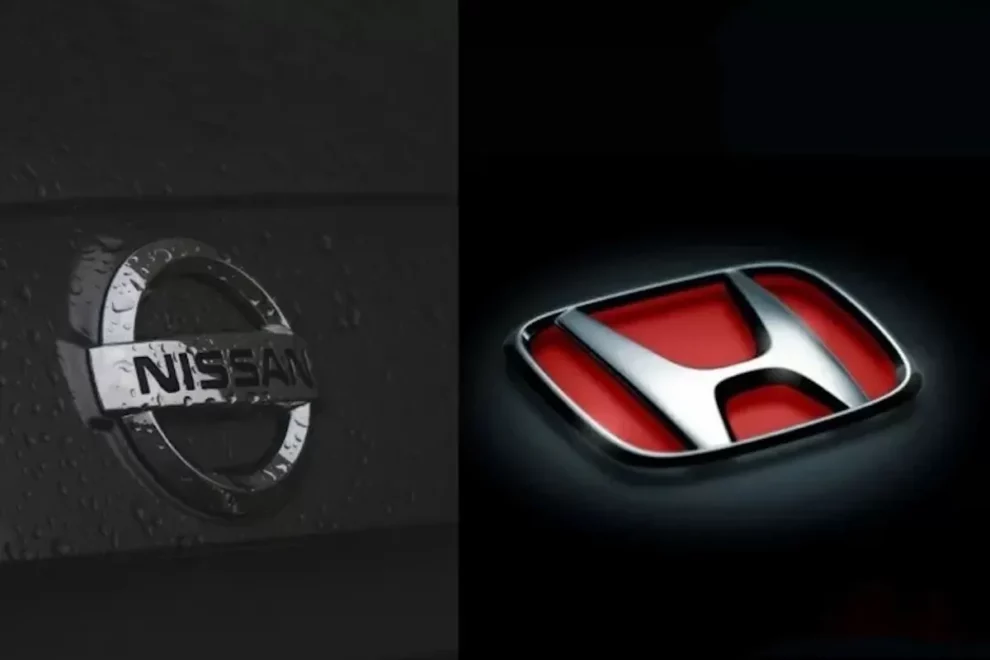Japanese automotive giants Honda and Nissan are exploring a potential partnership that could reshape the global automotive landscape, though industry analysts remain divided on whether this alliance would create a formidable powerhouse or merely represent a desperate attempt at survival in an increasingly competitive market.
Sources familiar with the matter revealed that the two companies are in preliminary talks to collaborate on electric vehicle development and production, potentially sharing platforms, battery technology, and manufacturing facilities. This partnership, if materialized, would combine Honda’s expertise in hybrid technology and engineering excellence with Nissan’s established electric vehicle experience and global manufacturing footprint.
The automotive industry has witnessed significant consolidation in recent years, driven by the astronomical costs of developing electric vehicles and autonomous driving technologies. The potential Honda-Nissan partnership emerges at a crucial time when traditional automakers face mounting pressure from Tesla’s dominance in the electric vehicle market and aggressive expansion by Chinese manufacturers.
Honda, known for its reliable and efficient vehicles, has been relatively cautious in its electric vehicle strategy, focusing primarily on hybrid technology. The company’s partnership with General Motors for electric vehicle development in North America highlighted its need for collaboration to accelerate its electrification efforts. Meanwhile, Nissan, despite being an early pioneer with the Leaf electric vehicle, has struggled to maintain its competitive edge and market share amid financial challenges and the aftermath of the Carlos Ghosn scandal.
Industry veteran and automotive analyst James Morrison from Global Auto Intelligence suggests that the partnership could be transformative: “Combined, Honda and Nissan would command approximately 13% of the global automotive market share, creating a formidable entity with complementary strengths. Honda’s robust presence in North America and motorcycle business, coupled with Nissan’s strong foothold in emerging markets and electric vehicle expertise, could create significant synergies.”
However, skeptics point to the checkered history of automotive alliances. The rocky relationship between Nissan and Renault serves as a cautionary tale, demonstrating how cultural differences and competing corporate interests can undermine even the most promising partnerships. “We’ve seen how challenging these alliances can be,” notes Sarah Chen, an automotive industry consultant at Asian Market Research. “The success of any Honda-Nissan partnership would heavily depend on their ability to align corporate cultures and strategic objectives while maintaining their distinct brand identities.”
The potential collaboration comes amid broader industry consolidation and the race to develop next-generation vehicles. Traditional automakers are under immense pressure to invest in electric vehicle technology while maintaining profitability in their conventional vehicle business. The combined research and development budgets of Honda and Nissan could provide the financial muscle needed to compete effectively in the electric vehicle space.
Financial markets have responded cautiously to the news, with both companies’ stock prices showing modest gains. Investment analyst Michael Thompson from Global Securities notes, “Investors are taking a wait-and-see approach. While the potential for cost savings and technological synergies is significant, executing such a complex partnership would be challenging.
The proposed partnership could have far-reaching implications for the global automotive supply chain. Both companies have extensive supplier networks, and any collaboration would likely lead to consolidation and reorganization of these relationships. This could particularly impact Japanese auto parts manufacturers, who have historically maintained close ties with both automakers.
Labor unions and employee representatives from both companies have expressed cautious optimism about the potential partnership. A representative from Honda’s labor union stated that workers hope the collaboration would strengthen both companies’ competitive positions while preserving jobs and working conditions.
Japanese government officials have privately indicated support for the potential alliance, viewing it as crucial for maintaining Japan’s position in the global automotive industry. The partnership could help preserve Japanese automotive technology and manufacturing expertise in the face of growing competition from Chinese and American companies.
Environmental groups have welcomed the possibility of accelerated electric vehicle development resulting from the partnership. If this alliance can speed up the transition to electric vehicles while maintaining Japanese quality standards, it could be a significant win for climate action,” says Environmental Transport Watch spokesperson David Wilson.
Looking ahead, the success of any Honda-Nissan partnership would likely depend on their ability to overcome several key challenges: integrating different corporate cultures, managing complex supply chains, and accelerating electric vehicle development while maintaining profitability. The outcome could determine whether this alliance becomes a new Japanese automotive powerhouse or, as some critics suggest, merely a temporary solution for two companies facing individual challenges.
As the automotive industry continues its historic transformation, the potential Honda-Nissan partnership represents either a bold step toward the future or a defensive move in an increasingly competitive market. Only time will tell whether this alliance can successfully navigate the complexities of the modern automotive landscape and emerge as a true industry leader.
















Add Comment